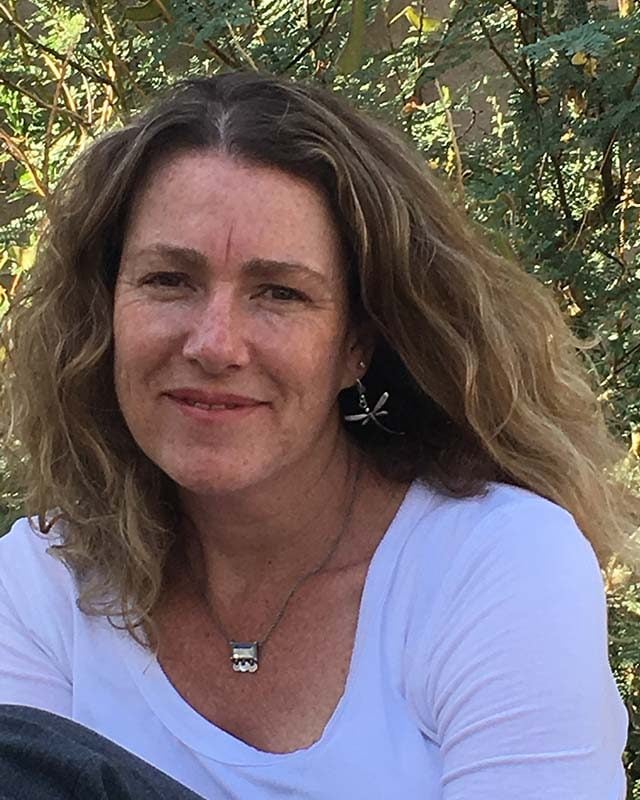
“Facing my risk of cancer empowered.”
“My mother had breast cancer twice before age 42, so I began mammograms at an early age. During a routine appointment, my radiologist told me about genetic testing. At 31, I learned that I carried a BRCA1 mutation, which placed me at high risk for breast, ovarian and other cancers. I was terrified. I found an amazing support system at FORCE (Facing Our Risk of Cancer Empowered) and gained the strength I needed to make some difficult decisions and be proactive about my health. I now have two beautiful daughters and, while I am diligent about my health, I no longer live in fear. There is a lot of misinformation about hereditary cancers, so I encourage anyone concerned about their risk to talk with a nationally certified genetic counselor.” —Kendra Montanari
These are the myths about breast cancer you can safely ignore.
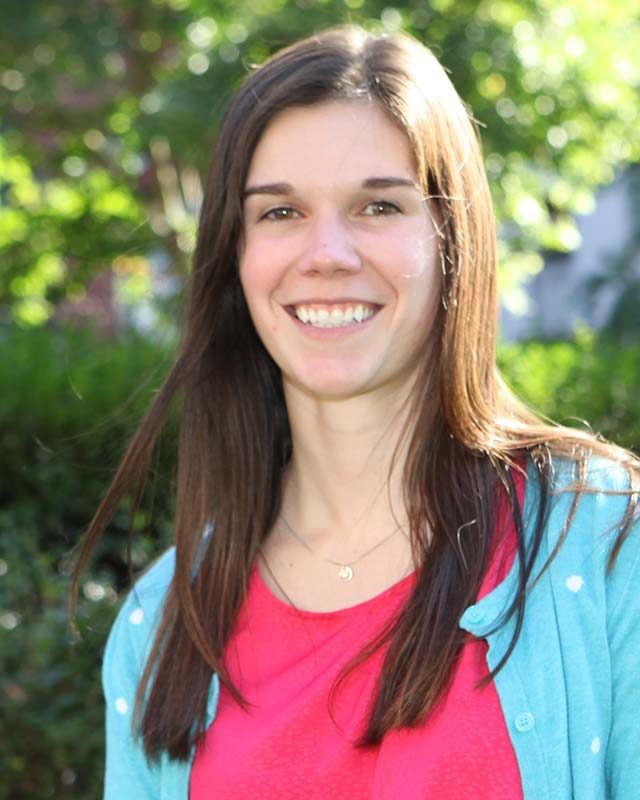
“BRCA is not a death sentence.”
“When I tested positive for BRCA2, my reaction surprised people. They expected me to cry, yell or be afraid, but I accepted it and moved on. Given my family history—my grandmother, great-grandmother, and great aunt all died of ovarian cancer—I’d assumed since childhood that my own diagnosis was inevitable. I hope other women know that BRCA is not a death sentence. Eight years ago, my mother underwent a hysterectomy that revealed precancerous lesions. Thanks to screenings and modern medicine, she escaped the disease that claimed so many of her relatives. For now, I put my faith in a healthy diet and exercise, regular doctor visits, and advanced cancer research. Unfortunately, insurance companies don’t have this same confidence, so my other piece of advice is to get life insurance before getting tested!” —Ali Grise
Know the eight signs of breast cancer that women often ignore.
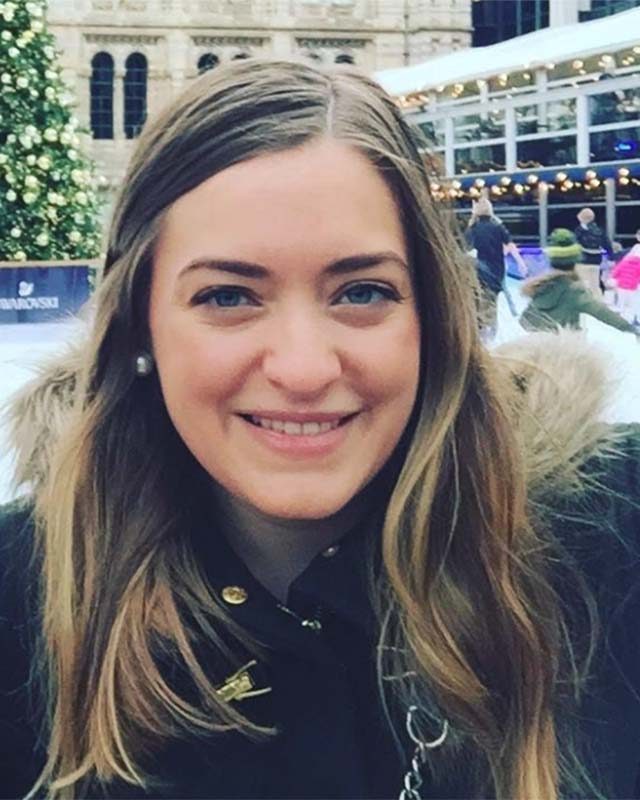
“I’m excited to beat my odds with new modern medicine and surgery.”
“All my life I knew my paternal grandmother’s history with fatal breast and ovarian cancer. She passed away in her 40s, which resulted in my dad losing his mother at the age of 18. After years of knowing about the genetic mutation test for BRCA mutation, and working at a children’s hospital where I helped raise funds for cancer prevention, I finally decided to ask my doctors about testing. I was at an annual exam and the routine questions about family history came up—something I always dreaded. My doctor told me about the importance of BRCA testing and advised me to follow suit. I walked out of the office with genetic testing pamphlets. After exploring more on my own, I learned that this mutation has a 50/50 chance of being inherited from either paternal or maternal relatives. A few years later, I was at an annual exam at a new practice when the routine family history questions came up. I kept saying ‘Oh, I need to get back to work! Next time!’ but that didn’t work with this doctor. She was smart, patient, and worried about my history. She shared the statistics about testing positive and how, if I did test positive, I could control my future and potentially save my life. I finally caved. Those next few weeks were torture. I was connected with a genetic counselor who screened me and asked extensive family history information. One rainy afternoon my phone rang with the news: I tested positive. I was shocked at first, but, after the news settled in, I started taking preventive measures, including annual MRIs and six-month ovarian screenings. Within the next few years, I will be undergoing other options to prevent cancer and, even though I’m absolutely terrified, I’m also excited to beat my odds with new modern medicine and surgery.” —Ashley Lavore
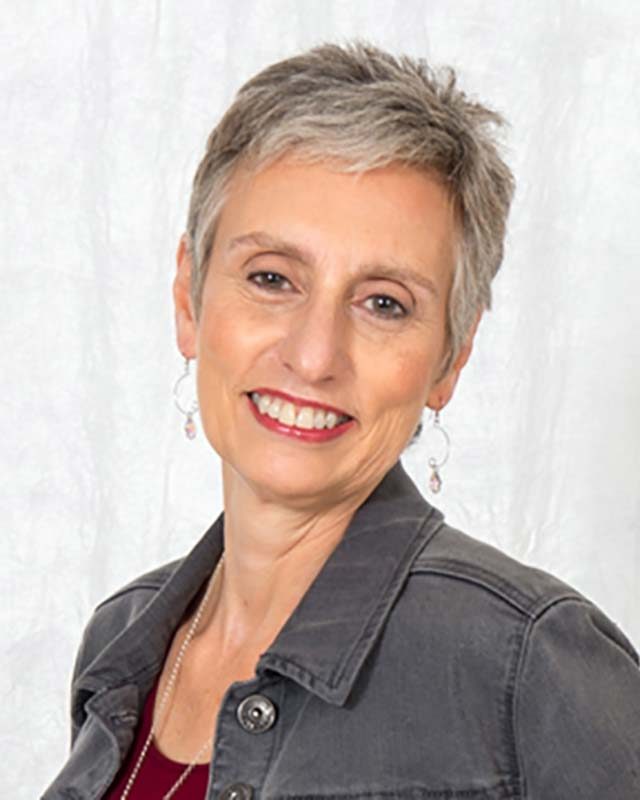
“Knowing my risk has provided a sense of empowerment in an otherwise very fearful situation.”
“At 53, I had just been diagnosed with my second breast cancer in three years and felt totally out of control. So, when I discovered that I was BRCA2 positive I felt relieved, surprised, and scared. Why relief? Because now I knew why my cancer was returning so soon. It cemented my need for surgery and follow-up treatments. The most surprising thing is that I have no family history of breast cancer and am not Jewish, but I have the Ashkenazi founder mutation.” —Amanda Miller
Curious about the habits that can help prevent breast cancer?
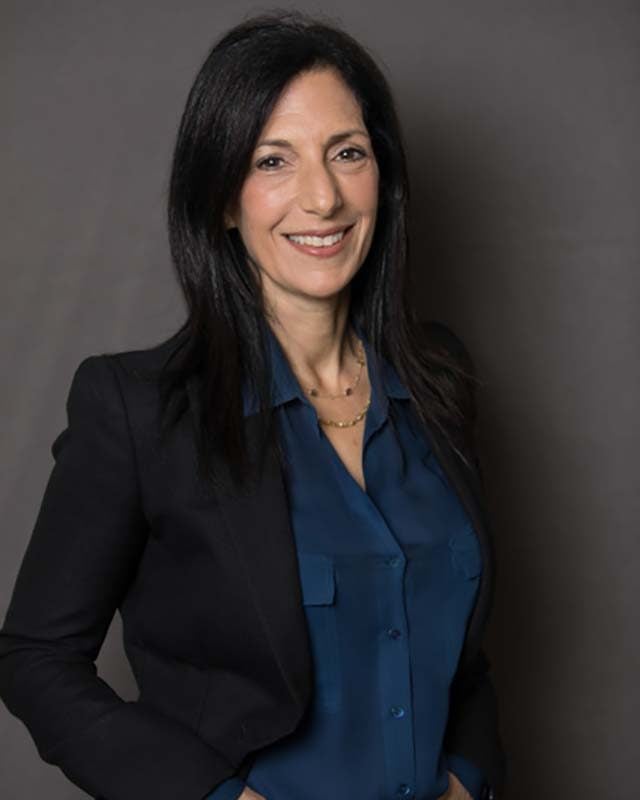
“At first I was overlooked, misguided and shocked, but now my BRCA status is my lifeline.”
“I had an early scare from dense breast tissue, so I went regularly to a high-risk breast center for 12 years. At several of my biannual visits, I was told I was not a likely BRCA carrier because there was no history in my mother’s family, so I was never tested. I happened to change OB/GYNs, and, in giving family history on my first visit, I reported that my paternal grandmother had died of breast cancer at 57 and my paternal uncle died of pancreatic cancer at the same age. My doctor casually asked if I’d been tested for the BRCA mutation and I said I was told I did not need to be. She then suggested otherwise, and I reluctantly agreed. Ten days later, she called to tell me I tested positive. I was in shock. It felt like a death sentence and I was overwhelmed with guilt that my children might also carry the mutation. The next three months were filled with research, doctor’s visits and finally a plan to have a preventive bilateral mastectomy, reconstruction, and an oophorectomy. It turned out to be the greatest blessing I could imagine, to have found out when I did and be able to prevent cancer before it struck. Now I’m committed to making sure my children have alternatives to surgically removing body parts to prevent cancer.” —Wendy Felson
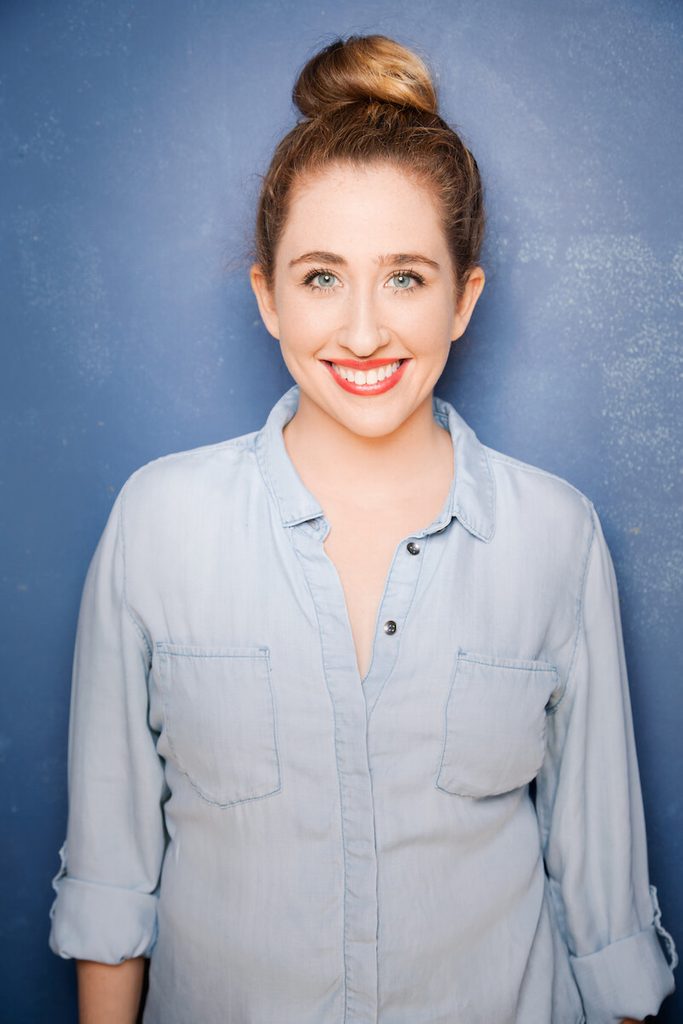
“My diagnosis led to me having a double-mastectomy at age 28.”
“Everyone on my father’s side of the family kept dying of cancer, so my dad started doing some research and learned that he was positive for the BRCA1 genetic mutation. He was pressuring me to get tested for a long time, and I resisted. My sister got tested and she was negative. Finally, I relented and took the test, but I did it in the worst way. Instead of going to a genetic counselor, I got the results in a cold hospital room with a surgeon who just announced that they’d have to cut off my breasts right way, and then left me there alone. After three years of panic and heavy drinking, I came to terms with the decision to have a double mastectomy, and I’m so glad I did. I was worried that my husband would miss my 32G breasts, but of course, he was wonderfully supportive. Most importantly, I reduced my risk of developing breast cancer from 87 percent to 1 percent.” —Caitlin Brodnick
Make sure you know the nine symptoms of breast cancer that aren’t lumps.
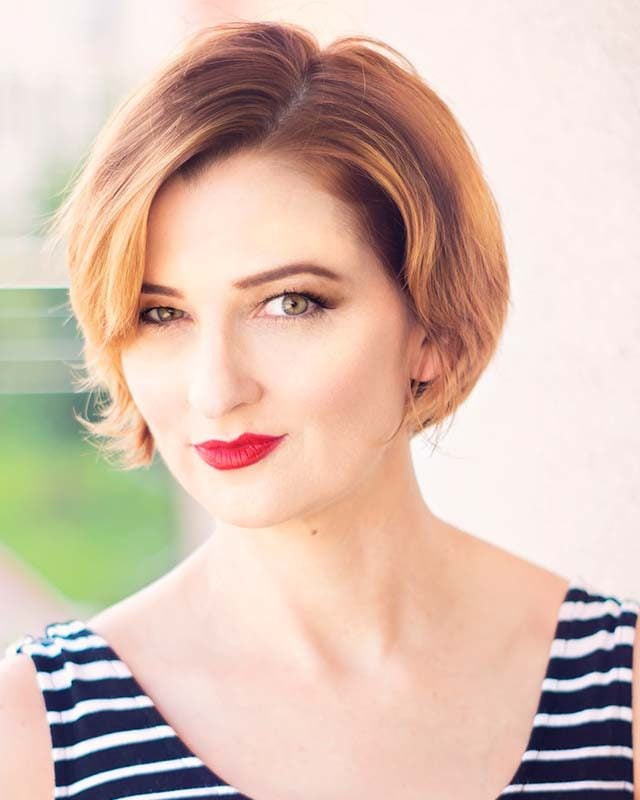
“Knowledge is power—don’t fear it.”
“I learned I was BRCA1 positive after I was diagnosed with triple-negative invasive ductal carcinoma at 38 years old. When investigating my family history, coupled with the diagnosis type and my age, it was only logical to test for the BRCA. Because I was positive, it changed my treatment options. It added the need for full removal of my ovaries, which forced me into menopause. Since I had a family history of cancer on my mother’s side, I wasn’t so much surprised as I was comforted in knowing that I was taking action to protect myself from further cancers. I would have hated to not know, left in my ovaries, and then have to deal with the surgery later. Another good thing is that my positive diagnosis encouraged my sister and her grown daughter to get tested, too. They both tested positive for BRCA1 and my sister, who is six years older than I am, went ahead and did all of the same surgeries in an effort to protect herself. My niece, who’s still young, now has the knowledge to make the appropriate decisions for her health and future. Her doctors know too, so they can be proactive. Now that I’m five years removed from my breast cancer battle, I’m glad to know of my BRCA1 diagnosis. It gave me the most comprehensive plan to fight the disease while I had it.” —Stephanie Johnson
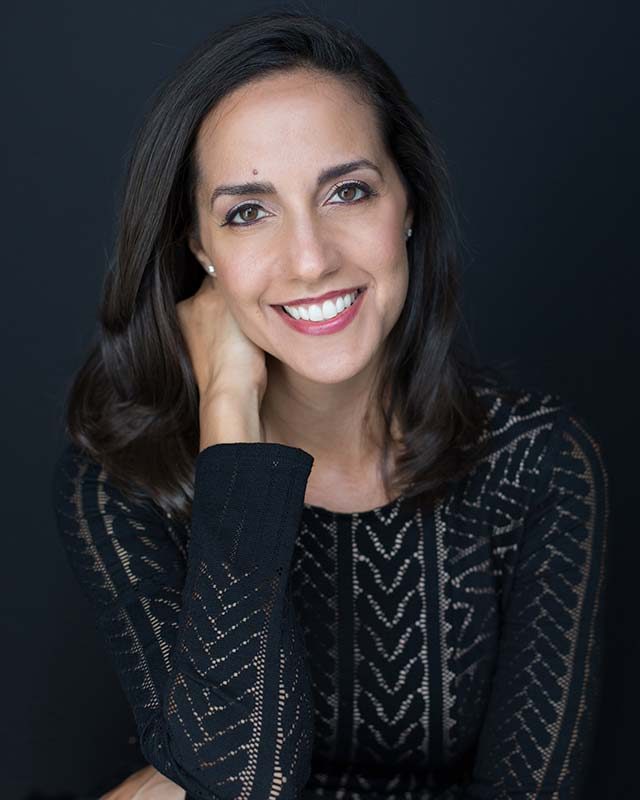
“Finding out empowered me to make strong choices and focus on the important things.”
“I learned I had the BRCA1 mutation when I was 23, just before I was about to move across the country to Los Angeles. I got tested because my maternal aunt died from an aggressive form of breast cancer at the age of 49 and my mother had subsequently tested positive for the mutation. As I saw my mother go through risk-reducing surgeries after my aunt died, I came to the realization that I needed to know too. If I didn’t take action while having this life-saving information, my aunt’s death would have been in vain. I was scared to know—but more scared not to know. Finding out I had the BRCA mutation empowered me to make strong choices so I could focus on my family, being a mother and my career. I try to be a role model for my children and help empower and support those in our high-risk community.” —Sivan Schondorf
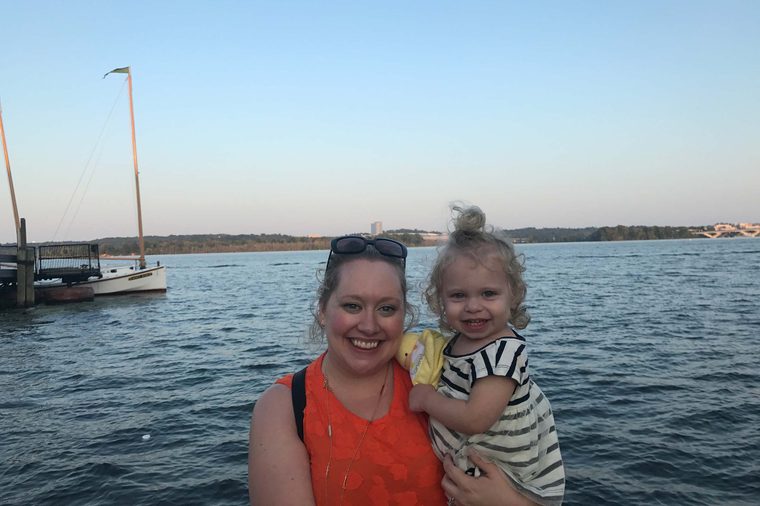
“I feel empowered to have the knowledge of what lies deep in my DNA”
“A second cousin’s early breast cancer diagnosis at the age of 32 spurred a chain of genetic counseling and testing in my family. When my mom tested positive for the BRCA2 mutation, I knew immediately I would undergo genetic counseling and testing. Despite spending years working for a major cancer organization and all the knowledge I gained on the job, I still believed genetic counseling, testing, and breast cancer was something that happened to other people—not me. Since getting tested, I feel empowered to have the knowledge about what lies deep in my DNA. It allows me to make informed medical and health decisions with a team of doctors. I’m grateful that, unlike some women, I know my risk before a cancer diagnosis. Still, BRCA is an unwelcome visitor.” —Amanda Narod
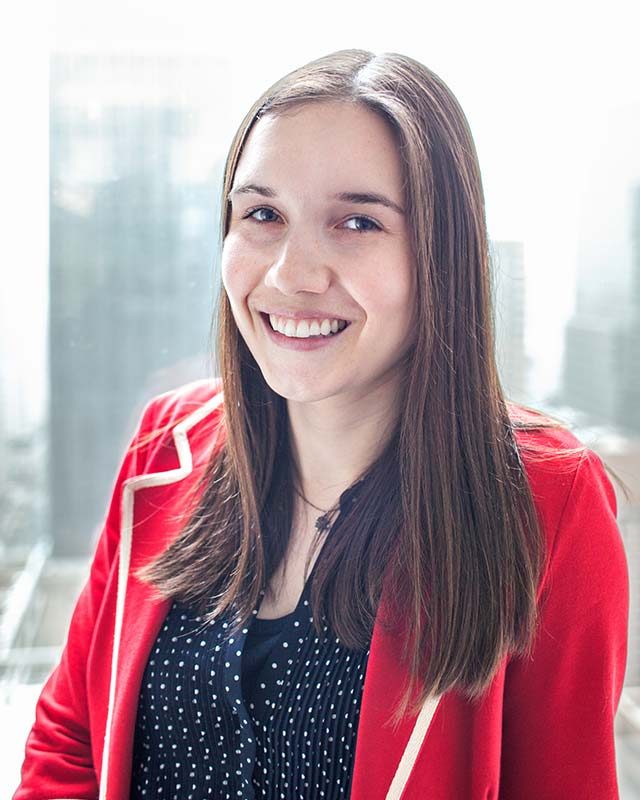
“Knowing the truth about my genes will help me stay healthy.”
“I never knew my grandmother because she died of ovarian cancer before I was born. So, when my mom tested positive for the BRCA2 gene, I began expecting that, at some point in my future, I’d be dealing with ovary issues too. I wasn’t nervous about getting tested because I figured it would just confirm what I already assumed—and, sure enough, I was right. I tested positive for the BRCA2 gene. Listening to the geneticist rattle off all the statistics about how likely I am to get breast cancer someday hit me hard. I thought I just had to worry about my ovaries! Despite that, I’m glad I decided to get tested because now my doctors are monitoring my health closely and are more likely to catch any cancer early. While I feel more nervous now that I know about my increased risk, I also feel safer knowing what to watch out for.” —Chrisanne Grise Peloquin
Add these cancer-fighting foods to your plate each meal.
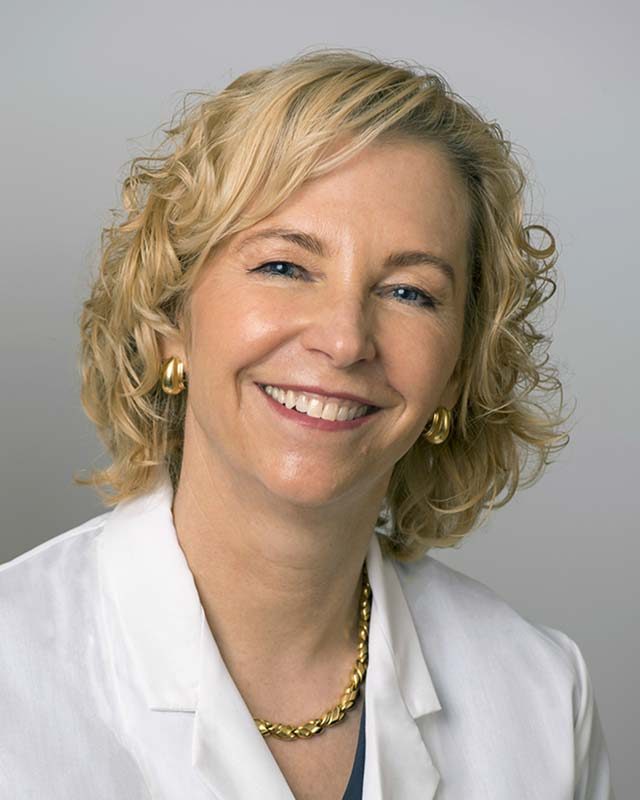
“It’s a brave choice to ‘previve’ breast cancer by having your non-cancerous breasts removed.”
“I learned I have the BRCA1 mutation at the same time I was hit by an avalanche of bad news beyond my imagination. I’m a doctor, so I know how bad a health disaster can be, but learning I carried the BRCA mutation was blindsiding. I was given a diagnosis of bilateral high-grade triple-negative breast cancer and told it could only happen to someone who had a BRCA mutation. The bad news didn’t stop with my breasts, because I tested positive for a deleterious BRCA mutation, one of the worst cancer gene mutations known, and my ovaries, fallopian tubes, pancreas and peritoneum were also at higher-than-normal risk of cancer. I was devastated for what this meant for my health, and also the health of my two grown kids. After the doctors chopped off my cancerous breasts, along with their 87 percent realized lifetime risk of cancer, they removed my fallopian tubes and ovaries. It’s a brave choice to ‘previve” breast cancer by having your non-cancerous breasts removed. It’s a game of Russian roulette with cancer, the BRCA gene, and time. It is a difficult decision to preventively remove non-cancerous breasts. I know that my optimism and false sense of control would have had me second-guessing all the way into the operating room if I actually went ahead with removing non-cancerous breasts. Cancerous breasts, of course, had to go.”—Cynthia Bailey
Women learned a lot from Angelina Jolie’s choice, but here are five more surprising facts about genetic testing.
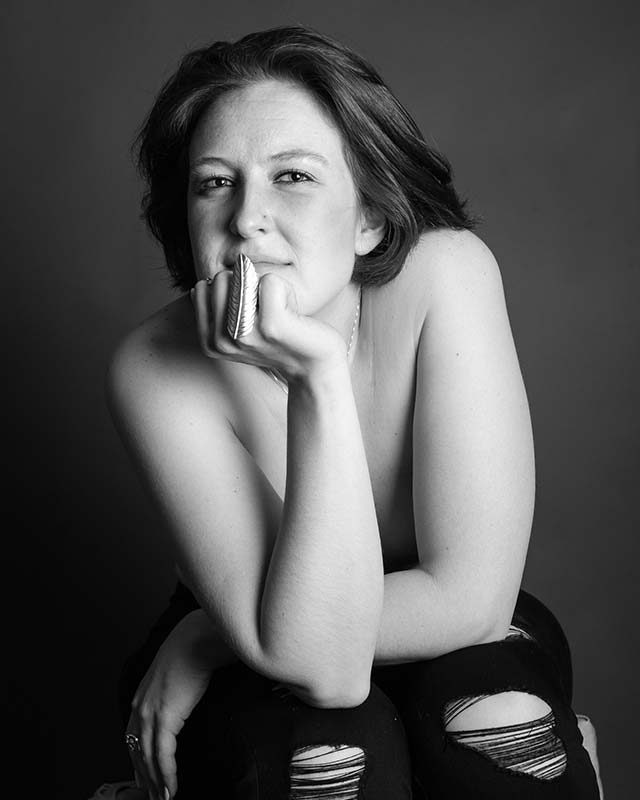
“Breaking up is hard to do, especially when it’s with your ‘cancerous tits.'”
“My life-changing decision to undergo a prophylactic double mastectomy started long before I even had boobs. I was in kindergarten when my mom was first diagnosed with breast cancer, and I never met my grandmother because she lost her fight with the disease before I was born. Five years ago, just a day before my 23rd birthday, I got a call saying that I tested positive for the BRCA2 genetic mutation. Along with this diagnosis, I was tasked with being felt up by a doctor every three months, including yearly mammograms and MRIs. After my diagnosis, the plan of action was simple: ‘Let’s just wait and see what happens.’ After all, I was only 23. It was going to be at least 10 years before they’d found a tumor. Surely, in that time, I could at least meet the man of my dreams, get married, have kids and then, when I was done breastfeeding our babies, I would start worrying about considering getting this overly drastic surgery. In February I decided ‘screw the plan’ and underwent a prophylactic double mastectomy, followed by a bilateral tissue expander exchange with silicone gel implants and fat grafting to bilateral breasts in June. I now have one yearly exam with one doctor instead of four quarterly exams with two doctors. I’m not going to sugar coat how emotionally and physically tasking this whole process has been, but, in the end, I gained an incredible sense of freedom—and to me, that made it all worth it.” —Rachael Ragland
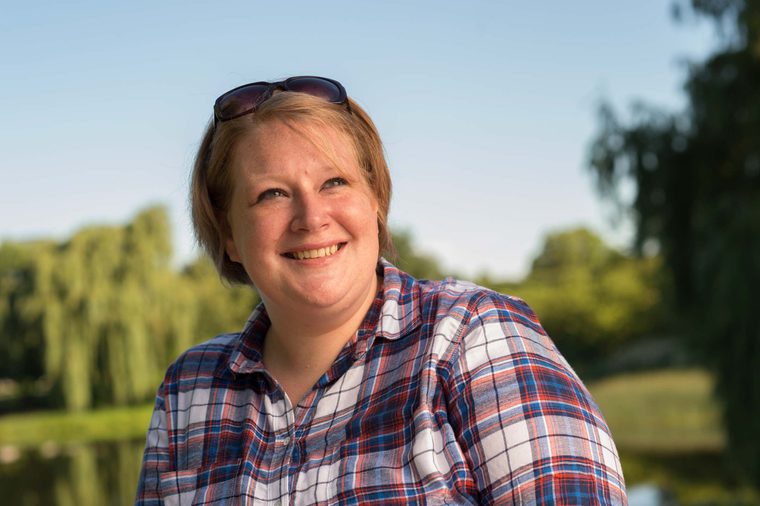
“Through finding out I was BRCA1-positive, I found my voice.”
“Ten days is a long time to wait for results of a test that will change your life. I reserved a small conference room at work and sat with a pen and paper as I waited for my doctor to call. By the time I’d hung up, I’d only written down one word on the page: ‘positive.’ I had tested positive for the BRCA1 mutation, but I was fortunate. The brave women before me—my grandmother, mother, and aunt—lead me on a path they did not have a chance to take. Because of their diagnosis, I will never have to be told, ‘You have breast or ovarian cancer.’ At 30 I made the hardest decision of my life. I decided to get a preventive double mastectomy and have my fallopian tubes removed. This past August I had my ovaries removed too. I was able to make these life-changing decisions because my whole care team made me part of the conversation. I can understand how doctors might not want to risk these types of procedures on someone in their early 30s, but my doctors empowered me to take my health in my own hands. The knowledge I gained after learning I was BRCA1-positive changed my life. I’m more confident than ever and now advocate for other young women to take control of their own health so they can feel empowered instead of brushed off, as is the situation with most young women when it comes to breast and ovarian cancer.” —Megan Guerin
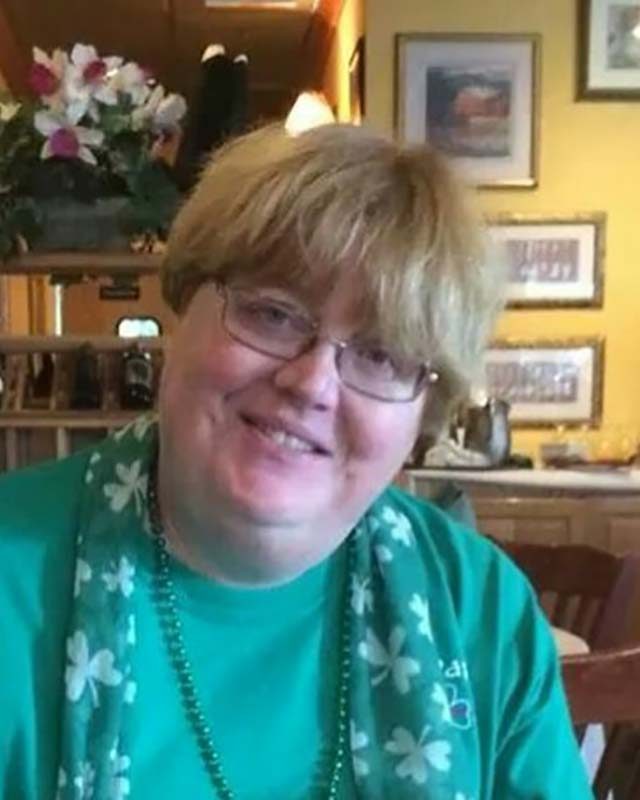
“After losing both of my parents to cancer, and with my sister currently fighting it, I didn’t think twice.”
“A few years ago I was admitted to the hospital for pancreatitis. After being released, I scheduled a follow-up visit with my primary care provider. As I was leaving that appointment, my doctor decided to order some follow-up bloodwork. I didn’t think twice about getting my blood drawn until I received a call from the doctor’s office saying that I needed to be retested in two weeks due to a high platelet count. I got retested about three weeks later and didn’t think anything of it until I got another phone call. This call was from the Cancer Care Center of Brevard. Now, that freaked me out! Why is a Cancer Center calling me? As it turns out, I was referred there by my doctor to be seen by a hematologist due to my platelet count still being elevated. I walked into the doctor’s office and little did I know that my life would change forever. He asked me if I’d heard about Angelina Jolie and the BRCA gene. I said yes—and that’s when he suggested that I get tested. After losing both of my parents to cancer, and with my sister currently fighting it, I didn’t think twice. About a week later, I had my blood drawn and, about three weeks later, I received the dreaded call that I was positive. Months later I underwent a double mastectomy.”—Susan Bassett
